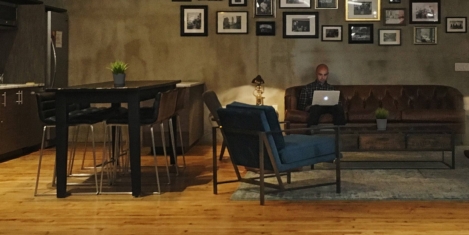September 7, 2017
Report sets out building blocks of a successful digital workplace strategy
 Digital workplace developments often lose their way, or fail, due to a fragmented approach that prioritises a few technology ‘fixes’ over business strategy, according to analysts at Gartner. To combat this, ‘digital workplace leaders’ in public sector organisations need to employ a framework to ensure their digital workplace initiatives address eight critical components required for a successful implementation, according to Gartner. The report (paywall) sets out what it claims are the eight critical components — “building blocks” — that application leaders need when planning, directing and evolving digital workplace programs:
Digital workplace developments often lose their way, or fail, due to a fragmented approach that prioritises a few technology ‘fixes’ over business strategy, according to analysts at Gartner. To combat this, ‘digital workplace leaders’ in public sector organisations need to employ a framework to ensure their digital workplace initiatives address eight critical components required for a successful implementation, according to Gartner. The report (paywall) sets out what it claims are the eight critical components — “building blocks” — that application leaders need when planning, directing and evolving digital workplace programs:


































August 17, 2017
How workplace design shapes and reflects organisational hierarchies
by Angela Love • Comment, Facilities management, Workplace design
(more…)